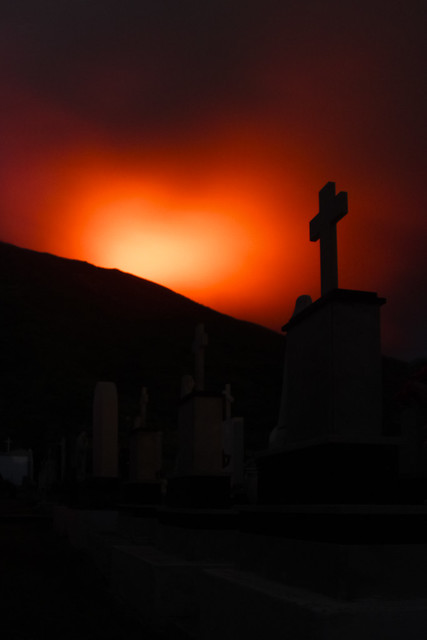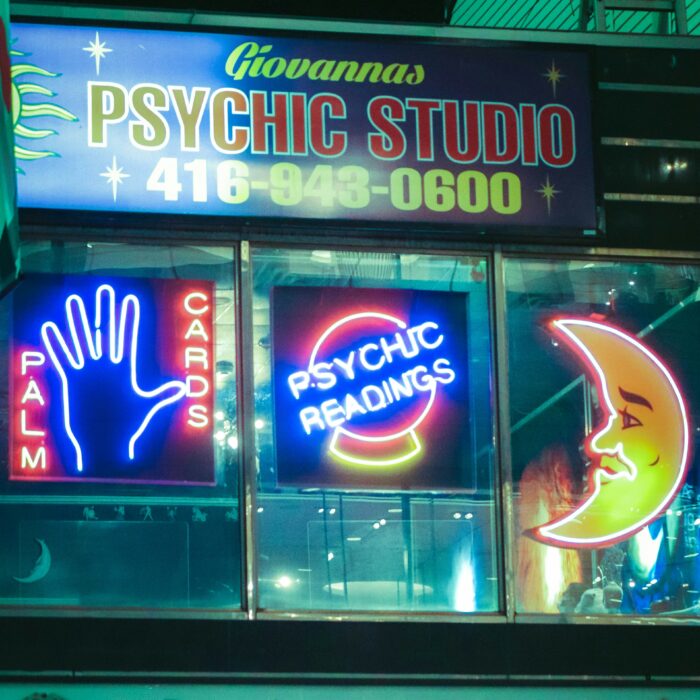You have no items in your cart. Want to get some nice things?
Go shopping
I often think about books I haven’t read, small gems and ragged masterpieces whose rainy day has not yet come. I have removed some of their dust jackets in preparation for the serious bout I cannot, for some reason, schedule. I have even, as if managing bright students who always raise their hands, shoved others into an artificial prominence. “Look at me!” I’m having them say, but to no avail.
Some of these books I have started and put down. I’ve found, over the years, that it’s harder to take up an old commitment than to begin anew. It’s that phone call you always want to make, but never do – even if you’ve promised the person in question. The book sits there, reproaching you. You sidle away from it, like someone who has jilted you – when, in fact, you’ve done all the jilting and can’t face your swinish behavior and moral decay. This is a good book you’re ignoring. And yet you can’t stop. At this point, it’s habit and obligation – very hard things to break.
Not all of these books so beckon. Others I’ve simply forgotten – a bookstore pact I have failed to keep. What if I’d written these books myself? I’m willfully forgetting them. I’ve launched a campaign. I want to kill something in me – or in them. Or is it just the natural human tendency to move on, which means that things you’ve put aside are likely to stay there. It’s not your fault. It’s just the way things are.
I have the Irish tendency for regret. I will look at the wide crockery bowl in the kitchen, notice a neglected orange, and bemoan its outcast state. I ate an orange yesterday, but not this one. How could I be so insensitive? I could have eaten both. But no, I was crazed with impulse. I’m a taker and a user. A selfish git. An unredeemable blackguard. I have become, unwittingly and without malice aforethought, a one-orange guy.
My Irish tendency will not read Finnegans Wake, though it’s not among the unread books I’ve been mooning over. No, it’s buried deep in the vaults of a failed imagination and a wretched sense of fealty to my forebears. I loved Ulysses, but, in terms of difficulty, Ulysses is like a pulp novel. It has people and episodes and funny little bits you can chew over as you’re reading. Finnegans Wake is the boot-camp I have refused to attend. And even if Finnegans Wake is nowhere to be seen, it haunts me. An unfinished project. So many leaves unraked. A bastard episode that turns my guts to ice, if not acid. I will die before I read Finnegans Wake. I will die without ingesting its polylingual puns and playful digressions. My ashes will be scattered without a single page that might, in whatever fiery crucible such things turn up in, be shown at Eternity’s Coming-out Party. Extinction is a forever-thing. In it is engraved all of the projects I have started, but put aside. All of the love affairs I wanted to have, but was too cowardly to throw myself off the ledge. All the broken sentences I have written. All the people I have failed, both obscurely and spectacularly. The places I didn’t go; the ethnic cuisine I wouldn’t sample; the tree I wouldn’t climb because of its higher branches. I’ve missed Morocco and Majorca and Milwaukee. The places you go are the places you know. Oh, the lacerating eloquence of that phrase! It means that we are all creatures of habit, sit-beside-the-fire lumps, couch-potatoes for whom the remote button is forever out of reach. Because we don’t seek out new places and sensations, we are nowhere-bound. We live in a sort of limbo, with boundaries that are set in stone. We appeal to gods that do not listen, lovers we should have had, fictional characters that have grown tired of our pleas. We are not drifting. We never set out! We are not lost because we stay at home. We have regrets because they accumulate, like so many newspapers that wind up inside of an empty lot, willy-nilly. We are not masters of our own fate; we are lifers who don’t wish to serve. We are idiots whose tales are stricken from the record. Though we may lose, our misaimed throws are not recorded.
Life is pathetic, we say, only if we make it so. Gifts are wasted only if they are unexploited. Vows that could have been heard sit idle on the tongue because to say them might have risked something that could not, at the time, be surrendered.
And once the spark of youth is gone, we settle in. No, we settle. Yes, that is what we do in life: we settle.
Yet Finnegans Wake is that unseen exception. The books I haven’t read are on that shelf and they haunt me. The lesser novels that are said to be good. The travel books that might get me off my duff before it’s too late. The pithy essays and philosophical treatises. The great sprawling histories that tell of who we were when we were not who we are now – which, in my opinion, is the way we should always be. The Jacksonian Empire. Who knows of it today? But there it is in a book, waiting to be in the world again. Andrew Jackson, another Irishmen whose forebears came to this country without a dime in their pockets or a lick of sense. Risk-takers and up-at-five-in-the-morning lovers of life and pretty women. Guys who said no, but wouldn’t answer to it. Women who were strong, but also sensuous. Nobody looked for safety nets because they were too busy daring. They didn’t expect fairness. All they asked was to rise in the darkness of the morning so that they could get a jump on the other fellow. I don’t get up until the sun awakens me. Then I stir without much sense of whatever possibilities may lurk beyond my door. Or even inside of me. When I go to the grocery, I wait timidly in line. Then I walk home, stepping around obstacles that may or may not include other human beings. My unassertive syllables blend in with a babel that speaks out of turn because it cannot seize a single moment for itself. My flabby muscles are conduits of shame, reminders of the palely loitering mentality that feeds them sob stories and lame excuses and all sorts of under-nourishing things.
The sun should never rise for me again. I am a worthless piece of dung whose ambition is not to live, but to wither away. I could have served, but I was permitted to be lazy. And now look at me. I can’t even ask an old book to sit on my lap while I draw its contents into my system and discard it without thanks. Yes, a worthless piece of dung. I wish I’d just eaten that orange. Perhaps things would be different. But it is too late. Too late to do anything. Too late.
About Brett Busang
Writing provides all sorts of people with an opportunity to not only fall back, but to spring forward. Melville needed to be broken by the sea to find a better place in the library. Mark Twain - who was christened Somebody Else - chose a mighty river on which to fail - though the river failed him first. He managed, however, to bounce back. And took the name by which we know him to help guarantee that. Me? I wanted to be a scientist, then athlete, and, finally, a musician. And after my troubles with these, I started to push small words around. Whom should God help first, me or you?



